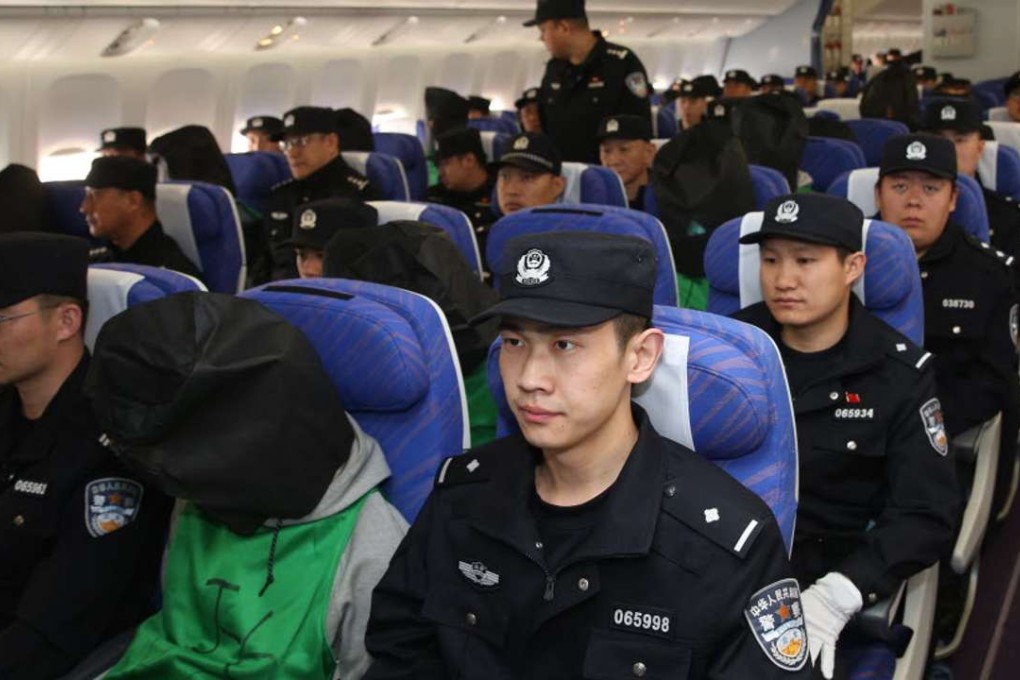Phone scam targets Hongkongers, exploits rocky relations between China and Philippines
Post also learns overseas-based syndicates cheated city residents out of more than HK$340 million from last July to March

Crime bosses behind an Asia-wide phone scam racket that has fleeced hundreds of Hongkongers out of HK$350 million in less than a year have shifted their operations to the Philippines as the regional law enforcement noose tightens.
Police sources said the move was an attempt to secure “political cover” as the gangs believed frosty Sino-Philippines relations would hinder mainland officers in cooperating with their counterparts in Manila against them.
Police sources told the Post scammers had set up call and command centres in the Philippines and were still raking in cash from Hong Kong victims.
The move followed a massive crackdown led by mainland police against overseas-based phone scam groups across Asia.
Since October, mainland police have sought help from overseas officers to nab several scam gangs in Indonesia, Cambodia and other nearby countries.